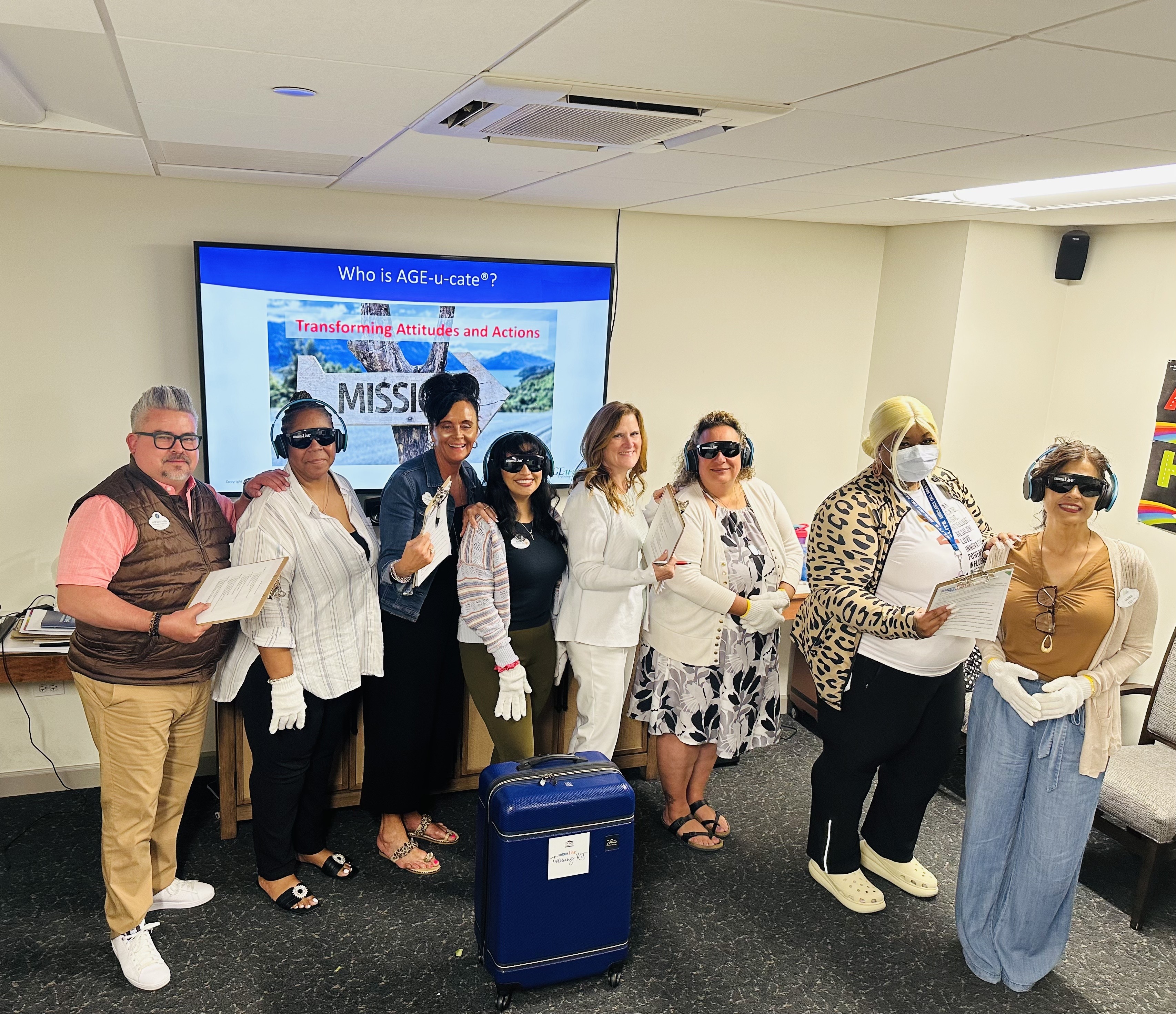In the dynamic field of dementia care, training programs need to be both effective and adaptable. Evidence-informed dementia training has emerged as a vital approach, offering significant advantages over traditional evidence-based programming. Let's delve into the benefits of evidence-informed dementia training, highlighting its agility and the superior outcomes it fosters in care settings.
Understanding Evidence-Informed Dementia Training
Evidence-informed training integrates the best available research evidence with clinical expertise and patient values. Unlike evidence-based training, which relies strictly on research findings often derived from controlled environments, evidence-informed training is more flexible. It allows for the incorporation of real-world clinical experiences and individual patient preferences, creating a holistic approach to dementia care.
The Advantages of Evidence-Informed Dementia Training
-
Flexibility and Adaptability
One of the primary strengths of evidence-informed training is its flexibility. Dementia care is inherently complex and variable, with each patient presenting unique symptoms and challenges. Evidence-informed training programs can quickly adapt to new research findings, emerging clinical practices, and individual patient needs. This agility ensures that care providers are always equipped with the most current and relevant strategies, fostering a more responsive care environment.
-
Enhanced Clinical Relevance
Evidence-informed training emphasizes the practical application of research findings. By incorporating the insights of experienced clinicians and the preferences of patients and their families, this approach ensures that the training is not only scientifically sound but also highly relevant to real-world practice. This relevance increases the likelihood that care providers will effectively implement what they learn, leading to better patient outcomes.
-
Patient-Centered Care
A significant benefit of evidence-informed training is its focus on patient-centered care. This approach recognizes the importance of tailoring interventions to meet the specific needs and preferences of individuals with dementia. By valuing patient and family input, evidence-informed training fosters more compassionate and personalized care. Studies have shown that such patient-centered approaches can significantly improve the quality of life for individuals with dementia and their caregivers (Kitwood, 1997; Brooker, 2004).
-
Rapid Implementation of Innovations
The agility of evidence-informed training allows for the rapid adoption of new innovations in dementia care. Traditional evidence-based models often require extensive time to gather, analyze, and apply new research findings. In contrast, evidence-informed training can quickly incorporate new insights and technologies, ensuring that care providers are always at the forefront of best practices.
-
Holistic Care Approach
Evidence-informed training promotes a holistic approach to dementia care. By integrating various sources of knowledge—research evidence, clinical expertise, and patient experiences—this training fosters a more comprehensive understanding of dementia. This holistic perspective helps care providers address not only the cognitive and physical aspects of the disease but also the emotional and social needs of patients.
Evidence-Informed Solutions
Evidence-informed dementia training offers a dynamic and comprehensive approach to dementia care. Its flexibility and adaptability allow for the continuous integration of new research and practices, ensuring that care providers remain equipped with the latest tools and knowledge. By emphasizing clinical relevance, patient-centered care, and the rapid implementation of innovations, evidence-informed training enhances the quality of care for individuals with dementia. Embracing this approach can lead to significant improvements in patient outcomes and overall quality of life.
In a field as complex and rapidly evolving as dementia care, the agility of evidence-informed training provides a crucial advantage. By blending the rigor of evidence-based research with the practical insights of clinical experience and patient values, this approach ensures that dementia care remains responsive, relevant, and effective.
If you'd like to learn how AGE-u-cate's evidence-informed programs can provide solutions to your dementia care and training challenges, please contact us today!

References:
- Kitwood, T. (1997). Dementia Reconsidered: The Person Comes First. Open University Press.
- Brooker, D. (2004). What is person-centred care in dementia? Reviews in Clinical Gerontology, 13(3), 215-222.




